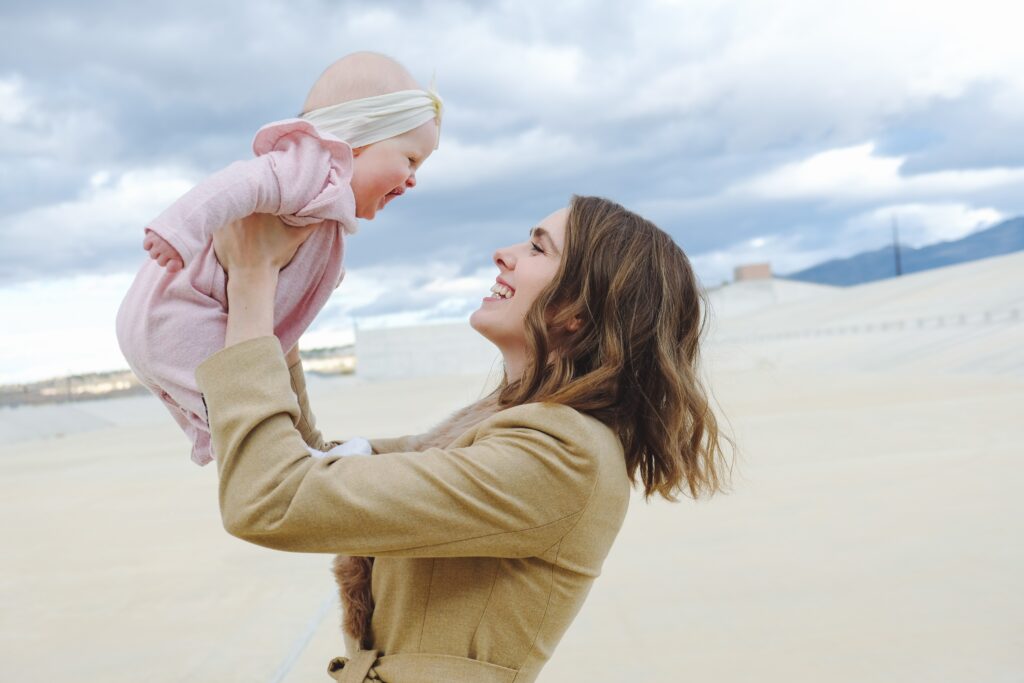How Solitude Can Make You a Better Person

“Solidarity is not discovered by reflection but created.”
― Richard M. Rorty,
Do you know how many roles you play throughout the day? Do you switch effortlessly between them? Do you know when you are simply just uniquely you? Every morning when we awaken, before our eyes open and our responsibilities begin, we have a moment that belongs to us. In that moment, we are the creation of our choices, our experiences, and our purpose.

The gift of solitude
“A man can be himself only so long as he is alone, and if he does not love solitude, he will not love freedom, for it is only when he is alone that he is really free.”
Arthur Schopenhauer
Disengaging from the world around us, without intrusion by smartphone, laptop, neighbors, spouses, or children, is a rare occurrence. Being alone means there are no obligations to meet, no expectations to fulfill, and no one to make happy but our self.
When solitude is self-imposed for as long as we choose to impose it, we are allowed the freedom to explore and create the parts of ourselves that seldom get acknowledged in everyday life.
Solitude is a quiet space, without distraction, that allows us the opportunity to re-connect with the core of who we are.
The expectations put on us by the roles we play in our everyday life is exhausting. When we unwrap solitude, and accept it, even for a few moments, we give our self the gift of reflection and harmony.
What exactly is a role?
A role is the part we play when interacting with another person. Our behaviors and attitudes change based on the expectations others have for us. Each role is tagged with the social norm that dictates how we are expected to behave. Important roles have scripts that those who perform those roles are supposed to follow. (Stark 2007)
For example, I wouldn’t approach my boss the same way I would approach my brother. My boss expects me to behave in a professional manner, not romp around the room and wrestle with him.
We behave one way with our parents, another with our friends, and yet another with our children. We are the same person but we act differently in each role. Some common roles include:
- Grandparent
- Mother/Father
- Child
- Sibling
- Teacher
- Mentor
- Athlete
- Student
- Employee
- Boss
- Preacher/Reverend/Minister

The list is seemingly endless. Some roles we take on by choice, like becoming a wife or friend, others we are born into, and some we have aspired to. It is a lot of responsibility to be all of these things to so many people. Learning to bring these many pieces of ourselves into union with one another to make us whole is no easy task.
When roles conflict
Roles conflict when one of our roles becomes incompatible with another. Let’s say I was the leader of my daughter’s girl scout troop and I noticed she was afraid to reach out to strangers and ask them to buy cookies. As a girl scout leader, I would want to offer instruction and teach her how to face her fear. As a mother, I would want to protect her from being afraid. I can’t do both as they are incompatible and thus a conflict arises.
Another example would be when the role requirements of family are incompatible with the role requirements for work.
Missing my son’s concert because I had a late meeting creates a family-to-work conflict.
When our roles begin conflicting with each other, we begin to feel uncertain about our ability to satisfy the requirements of that role. Our mental and physical health begin to suffer which adds more strain on an already burdened nervous system. Symptoms of stress that inevitably lead to physical ailments include:
- Depression
- Anxiety
- Job or family dissatisfaction
- Burnout
- Poor performance
- Irritability
- Changes in sleep patterns
These symptoms tell us something in our life needs our attention. It is important to sort and reconcile the roles we play before we begin to lose the core of ourselves.
Solidarity in Solitude
“Sometimes we find the sweetest solidarity in the midst of solitude.”
Solidarity – it means unity of feeling or action of common interests, generally within a group. Each of us has a group of roles with distinct behaviors and actions that we use in response to whatever situation we find ourselves in. Sometimes those roles get confused, lost, or mixed together in a jumbled mess. When this happens we not only lose part of our sanity but part of our inner self. With a bit of quiet time, we can regain both.
So how do we bring all the roles we play into alignment with who we are as an individual?
We find the time for solitude. A place we can go where we won’t be disturbed for however long we choose to stay. It is a stillness in which we can pursue our authentic self without obligation. Solitude allows us the opportunity to learn about ourselves and then become our best self.
So, make time for solitude on a daily basis. Reconnect with yourself in a space that is your own and listen for the sound of silence. Not the song by the group Disturbed, although that is well worth listening to, but hear what silence sounds like to you. It’s where you’ll find yourself.

Reference:
Crossman, A. (2016, September 27). Role Conflict in Sociology. Retrieved from ThoughtCo.: https://www.thoughtco.com/role-conflict-3026528
Psychology. (2015). Retrieved from iresearchnet.com: https://psychology.iresearchnet.com/industrial-organizational-psychology/job-satisfaction/role-conflict/
Role. (n.d.). Retrieved from GoodTherapy.org: http://www.goodtherapy.org/blog/psychpedia/role
Roles. (n.d.). Retrieved from Psychology Wiki: http://psychology.wikia.com/wiki/Roles#Role_Conflict




Responses